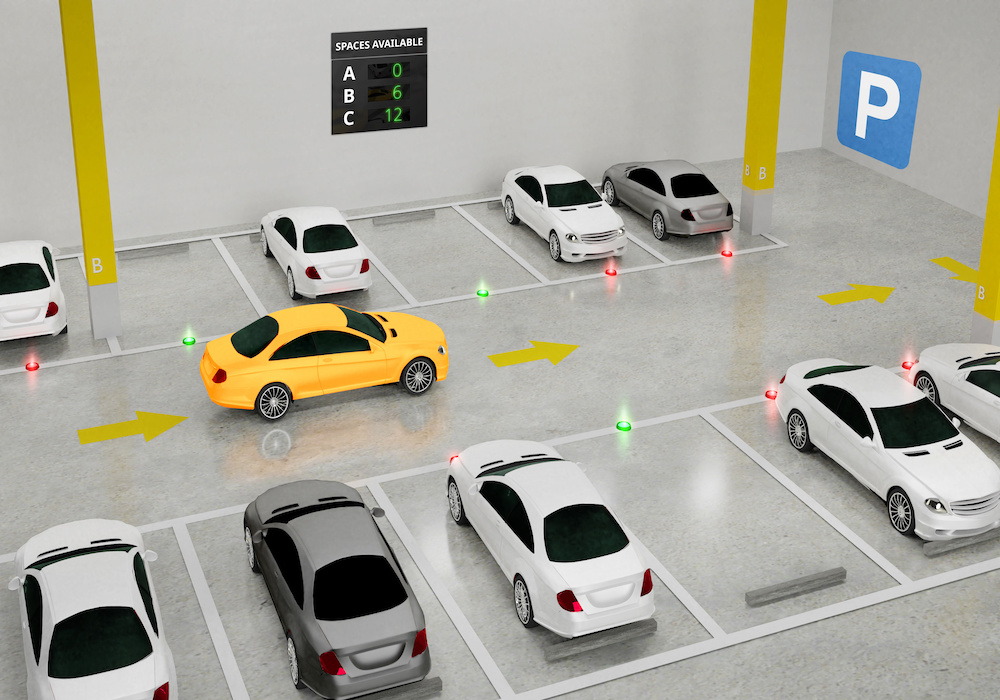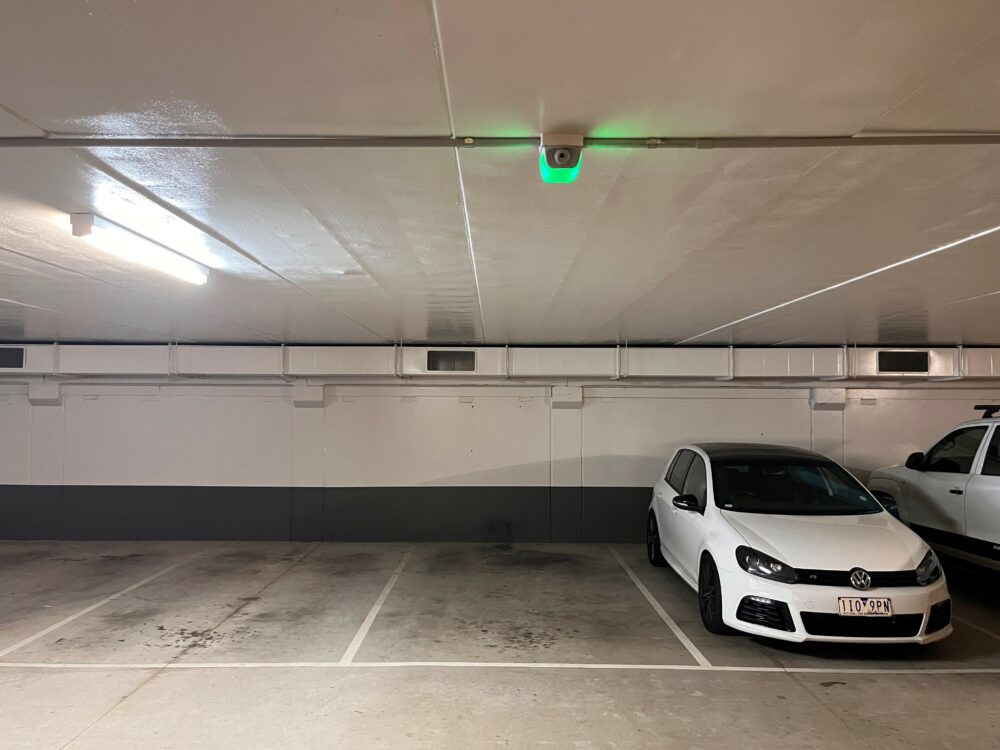What Is Smart Parking? How Does It Work?

Coordinating the parking of vehicles is a major challenge when there are a lot of cars and traffic in the parking lots.
It can get even more complex when people are expected to pay for parking services. How can this be kept track of manually?
While traditional parking systems make use of physical barriers such as gates and guards to control the entry and exit of vehicles, Smart Parking is a more automated solution.
Smart parking solutions are designed to address this complexity by providing automated and intelligent systems that can detect, locate and manage parking spaces.
In this post, let’s explore what Smart Parking is and how it works.
What is Smart Parking?
Smart parking refers to the integration of advanced technologies and intelligent systems to efficiently manage parking spaces, especially in busier urban areas where traditional parking methods may be too inefficient.
It involves the use of sensors, data analytics, and communication networks to provide real-time information about parking availability, guide drivers to vacant spots, and streamline the overall parking experience.
Components of a Smart Parking System
A Smart Parking System consists of the following components:
1) Sensors and Detectors:
Sensors are used to detect and track the location of vehicles in the parking lot. They collect occupancy data which is then relayed to a control unit. The system requires sensors to detect and monitor the availability of parking spaces.
2) Analysis:
This is where data from the sensors is analyzed to determine parking space availability.
3) Communication Systems:
These systems facilitate communication between the sensors, and a central control unit, which is the hub of the system that collects all data from the sensors and sends out instructions to drivers.
It is also common for Smart Parking systems to be attached to payment processing solutions such as credit cards and mobile wallets. Moreso, a user-friendly interface is needed to make the system easily accessible to drivers. This could be a mobile app, website, or signage.
How Does Smart Parking Work?
Smart parking systems use a combination of sensors, data analytics and communication systems to provide real-time information about parking availability.
1) Sensor-based Detection
When a vehicle enters the parking lot, sensors detect it and send data to a central control unit which then updates its information about the occupancy status of the lot.
The sensors constantly monitor the occupancy of parking spaces and update the central control unit with its findings.
There are different types of sensors used in these systems, such as ultrasonic, infrared, and video camera sensors.
2) Real-time Data Collection, Processing and Analysis
The central control unit then collects the data from the sensors and performs comprehensive analysis of the parking lot’s occupancy.
This analysis includes information such as the number of available spaces, their locations, parking duration and time taken to locate a particular space. The data is then sent to a central database for further processing and analysis.
Using cloud-based platforms and machine learning, the collected data is analyzed to make real-time decisions about parking availability, pricing and other factors.
3) Communication Systems or User-Friendly Applications
The communication system is used to transmit the collected data from the central control unit to other components of the system, such as parking meters and display boards. It also helps users locate parking spaces quickly and accurately.
The communication system can be based on 3G/4G, Wi-Fi, Bluetooth or RFID technologies. The communication system can also be connected to mobile applications for efficient and convenient access to parking lot information.
How Sensor Dynamics Can Help?
Since 2004, Sensor Dynamics has been a leading supplier of Automatic Number Plate Recognition and other smart parking solutions. We offer a wide range of solutions to meet the needs of businesses, including automated parking meter installation and maintenance programs.
Conclusion
Smart parking systems provide a convenient and efficient way to manage parking lots. They utilize sensors, data analytics and communication systems to provide real-time information about parking availability.
By using cloud-based platforms and machine learning, the collected data is analyzed to make real-time decisions about parking availability, pricing and other factors.
At Sensor Dynamics, we offer a wide range of smart parking solutions to meet the needs of businesses. Contact us today to learn more about our Automatic Number Plate Recognition solutions.

